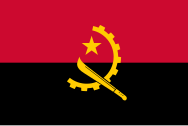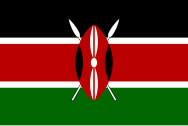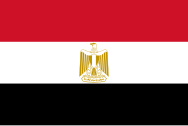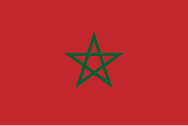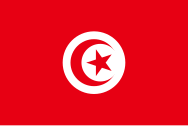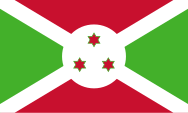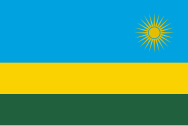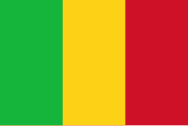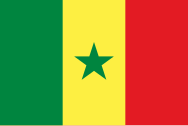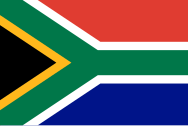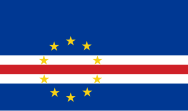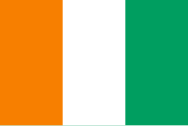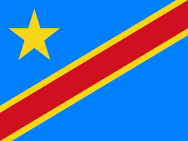- Rwanda - History
- Rwanda - Kingdoms
- Rwanda - Royal Archives
- Rwanda - Treaties
- Rwanda - Economy
- Rwanda - Technology
- Rwanda - Diaspora
- Rwanda - Culture
- Rwanda - Migration
- Rwanda - Museums
- Rwanda - Architecture
- Rwanda - Education
- Rwanda - Geneology
- Rwanda - Music
- Rwanda - Art
- Rwanda - Dance
- Rwanda - General
- Rwanda - People
Rwanda
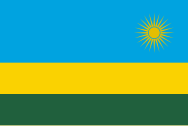
Country Flag
Rwanda, officially the Republic of Rwanda, is a landlocked country in the Great Rift Valley of East Africa, where the African Great Lakes region and Southeast Africa converge. Located a few degrees south of the Equator, Rwanda is bordered by Uganda, Tanzania, Burundi, and the Democratic Republic of the Congo. It is highly elevated, giving it the sobriquet "land of a thousand hills" (French: pays des mille collines), with its geography dominated by mountains in the west and savanna to the southeast, with numerous lakes throughout the country. The climate is temperate to subtropical, with two rainy seasons and two dry seasons each year. It is the most densely populated mainland African country; among countries larger than 10,000 km2, it is the fifth-most densely populated country in the world. Its capital and largest city is Kigali.
Hunter-gatherers settled the territory in the Stone and Iron Ages, followed later by Bantu peoples. The population coalesced first into clans, and then into kingdoms. In the 15th century, one kingdom, under King Gihanga, managed to incorporate several of its close neighbor territories establishing the Kingdom of Rwanda. The Kingdom of Rwanda dominated from the mid-eighteenth century, with the Tutsi kings conquering others militarily, centralising power, and enacting unifying policies. In 1897, Germany colonized Rwanda as part of German East Africa, followed by Belgium, which took control in 1916 during World War I. Both European nations ruled through the Rwandan king and perpetuated a pro-Tutsi policy. The Hutu population revolted in 1959. They massacred numerous Tutsi and ultimately established an independent, Hutu-dominated republic in 1962 led by President Grégoire Kayibanda. A 1973 military coup overthrew Kayibanda and brought Juvénal Habyarimana to power, who retained the pro-Hutu policy. The Tutsi-led Rwandan Patriotic Front (RPF) launched a civil war in 1990. Habyarimana was assassinated in April 1994. Social tensions erupted in the Rwandan genocide that spanned one hundred days. The RPF ended the genocide with a military victory in July 1994.
Rwanda has been governed by the RPF as a de facto one-party state since 1994 with former commander Paul Kagame as President since 2000. The country has been governed by a series of centralized authoritarian governments since precolonial times. Although Rwanda has low levels of corruption compared with neighbouring countries, it ranks among the lowest in international measurements of government transparency, civil liberties and quality of life. The population is young and predominantly rural; Rwanda has one of the youngest populations in the world. Rwandans are drawn from just one cultural and linguistic group, the Banyarwanda. However, within this group there are three subgroups: the Hutu, Tutsi and Twa. The Twa are a forest-dwelling pygmy people and are often considered descendants of Rwanda's earliest inhabitants. Christianity is the largest religion in the country; the principal and national language is Kinyarwanda, spoken by native Rwandans, with English, French and Swahili serving as additional official foreign languages.
Rwanda's economy is based mostly on subsistence agriculture. Coffee and tea are the major cash crops that it exports. Tourism is a fast-growing sector and is now the country's leading foreign exchange earner. As of the most recent survey in 2019/20, 48.8% of the population is affected by multidimensional poverty and an additional 22.7% vulnerable to it. The country is a member of the African Union, the United Nations, the Commonwealth of Nations (one of few member states that does not have any historical links with the British Empire), COMESA, OIF and the East African Community.


